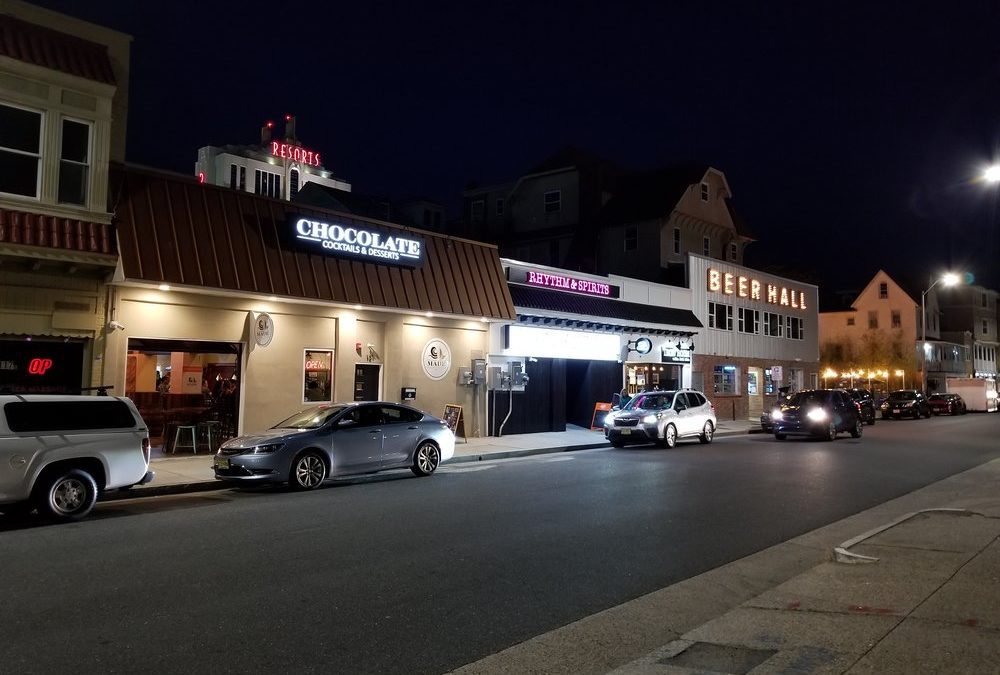On Thursday, May 14, three bills passed both houses and now move to Governor Murphy’s desk for his signature. They are as follows
S2371/A3959: Of the federal funding allocated to New Jersey in the Coronavirus Aid, Relief and Economic Security (CARES) Act, $100 million will be given to the EDA for the provision of financial assistance to small hospitality businesses affected by the pandemic. In order to qualify, the hospitality businesses would have to make less than $2 million in annual revenue if they have been in operation for more than 12 months, or less than $1 million in annual revenue if they have only been in operation between six to 12 months.
The loan would be interest-free with payments deferred for the first nine months after the start-date of the loan to help these businesses cover immediate, unavoidable expenses during the emergency.
Upon the bill’s passage, Assemblyman Mukherji (D-Hudson), Assemblywoman Vainieri Huttle (D-Bergen) and Assemblywoman Reynolds-Jackson (D-Hunterdon, Mercer) released the following joint statement:
“Many businesses have been devastated by this pandemic and the measures we implemented to save lives. While necessary, the COVID-19 restrictions have especially impacted New Jersey’s hospitality industry.
“Restaurants and hotels alone employ well over 400,000 of our residents. The workers at the thousands of these diverse businesses make a living bringing people together to enjoy each other’s company and food, drink, recreation, entertainment, and comfortable lodging – activities that are not possible right now.
“If we want our vibrant hospitality industry and its many employees to make it through this crisis, we must give these small businesses the tools they need to weather the pandemic until we can safely come together to once again enjoy all they have to offer.”
Senator Michael Testa voted to provide $100 million in funding to qualifying tourism and hospitality businesses in the Senate Budget Committee.
“Mom-and-pop businesses across the Garden State are struggling to stay afloat,” said Testa (R-1). “Greater financial support is needed to help carefully and sustainably reopen our economy and keep vital industries alive. Directing more relief efforts towards local businesses will help keep the lights on, saving jobs and livelihoods for thousands of New Jerseyans.”
S2413/A3966: Senator Declan O’Scanlon sponsors bipartisan legislation that would authorize certain businesses with liquor licenses to sell store-mixed cocktails to take-out and delivery customers during the COVID-19 state or emergency.
“Providing clarity and consistency to the laws for selling store-mixed alcoholic beverages will help small businesses while the lockdown remains in effect,” said O’Scanlon (R-13). “Eliminating some of the confusion in the marketplace helps restaurants and other enterprises, and provides desperately needed opportunities for out-of-work New Jerseyans – particularly bartenders. Residents who have been prisoners in their own homes under the Governor’s orders can buy some of their favorite cocktails made by their favorite bartenders for virtual happy hours with friends, and remote socializing.”
O’Scanlon’s bill also provides an exemption from the alcoholic beverage tax for distilleries that have been manufacturing hand sanitizer with their alcohol during the coronavirus emergency.
“These small, local distilleries are willingly providing an important public service during this health emergency,” said O’Scanlon. “They are utilizing their equipment and raw materials to produce sanitizer for first-responders and families, and they certainly should not be responsible for the alcohol tax.”
S2437/A3978: Limits service fees charged to restaurants by third-party food takeout and delivery applications during COVID-19 state of emergency.
It shall be an unlawful practice for any third-party food takeout and delivery service application or Internet website, during and until the first day of the third month following any state of emergency declared by the Governor in response to COVID-19 that restricts restaurant dine-in service to less than 25 percent of the maximum capacity allowed by law, to charge a service fee to a restaurant for food take-out or delivery orders that is:
(1) greater than 20 percent of the cost of the individual order; or
(2) greater than 10 percent of the cost of the individual order, when the order is delivered by an employee of the restaurant or an independent contractor with whom the restaurant has contracted directly.


